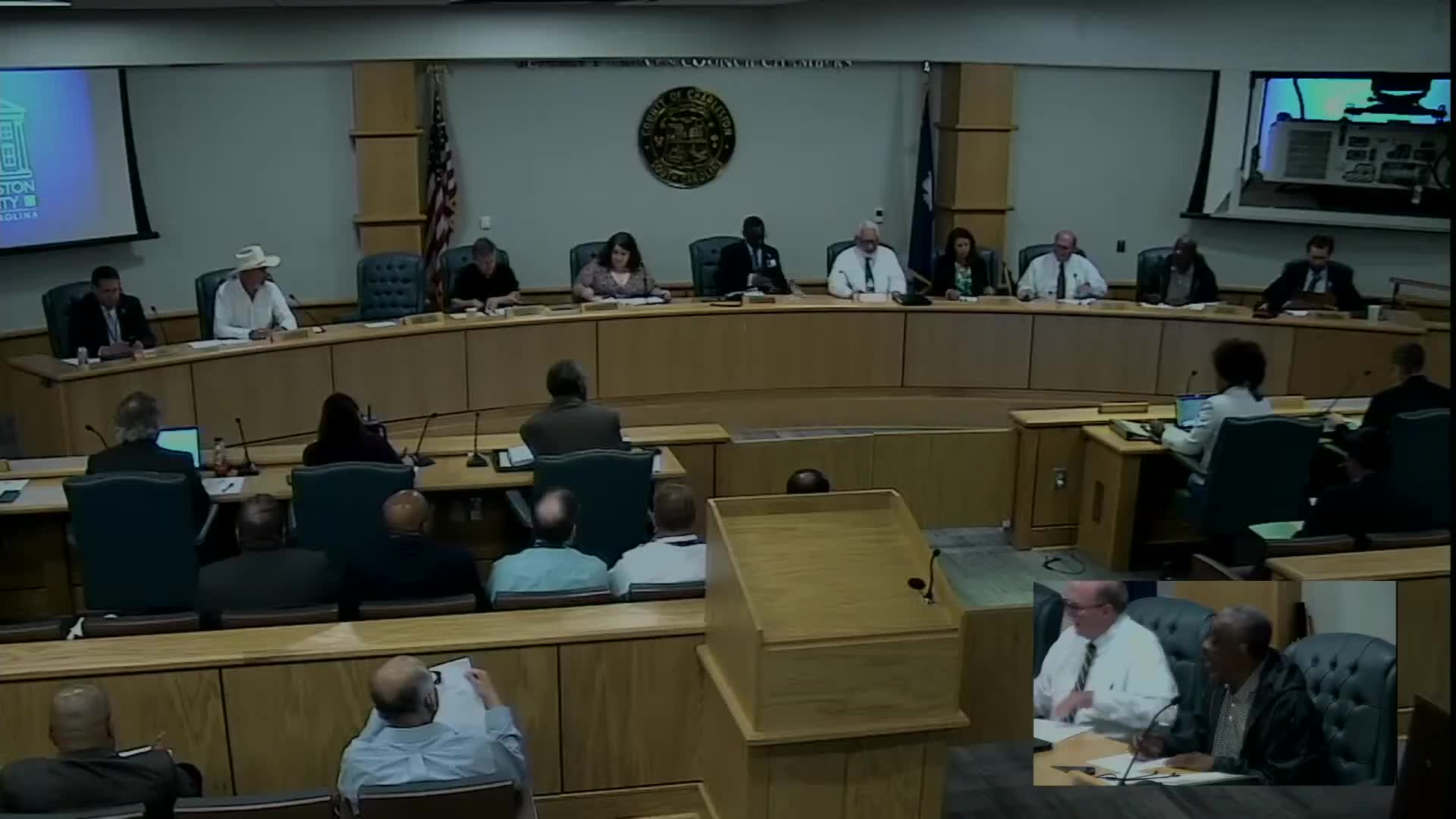Article not found
This article is no longer available. But don't worry—we've gathered other articles that discuss the same topic.
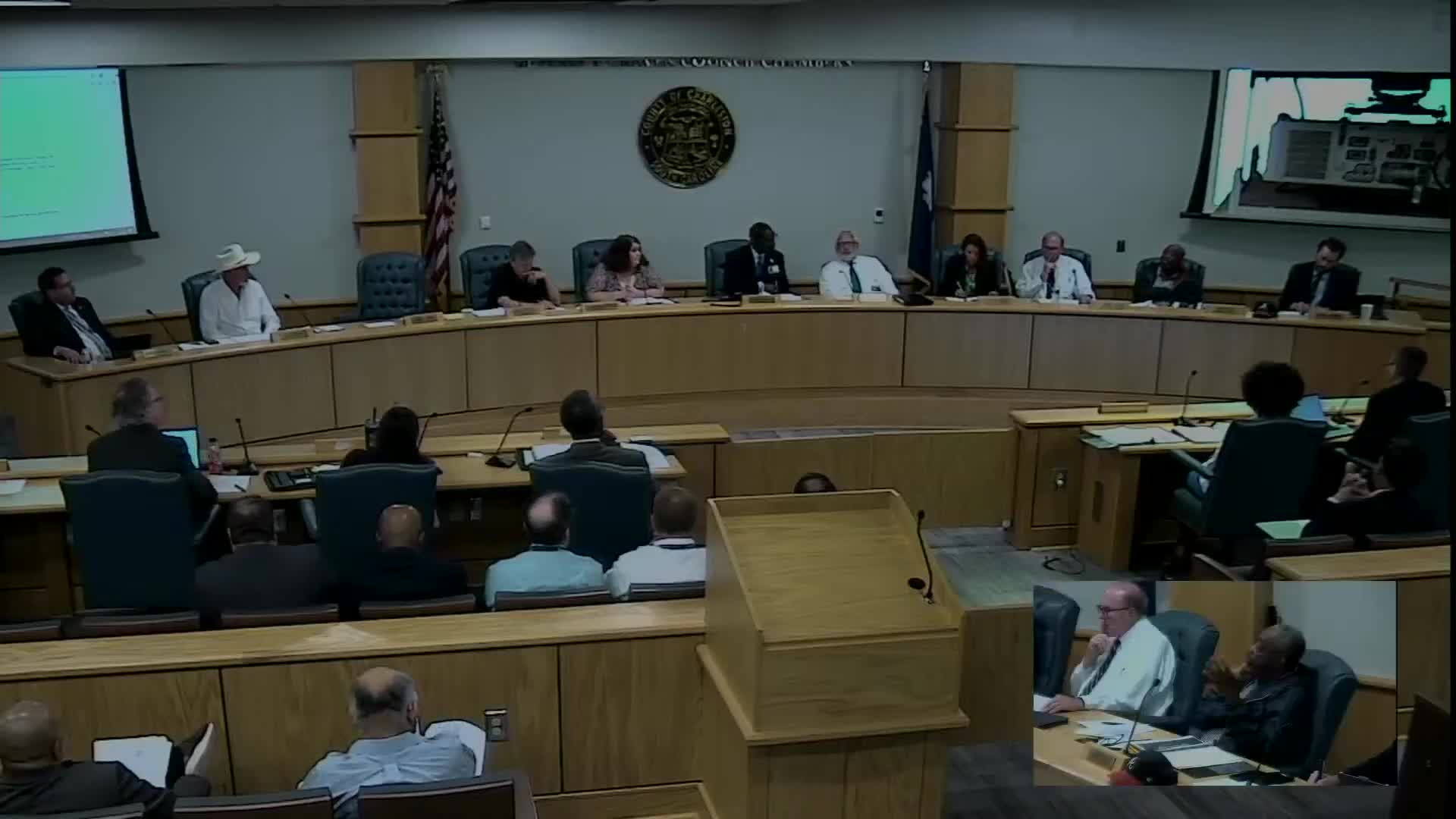
Council agrees staff recommendations for one-time allocations with tweak to housing and disaster reserves
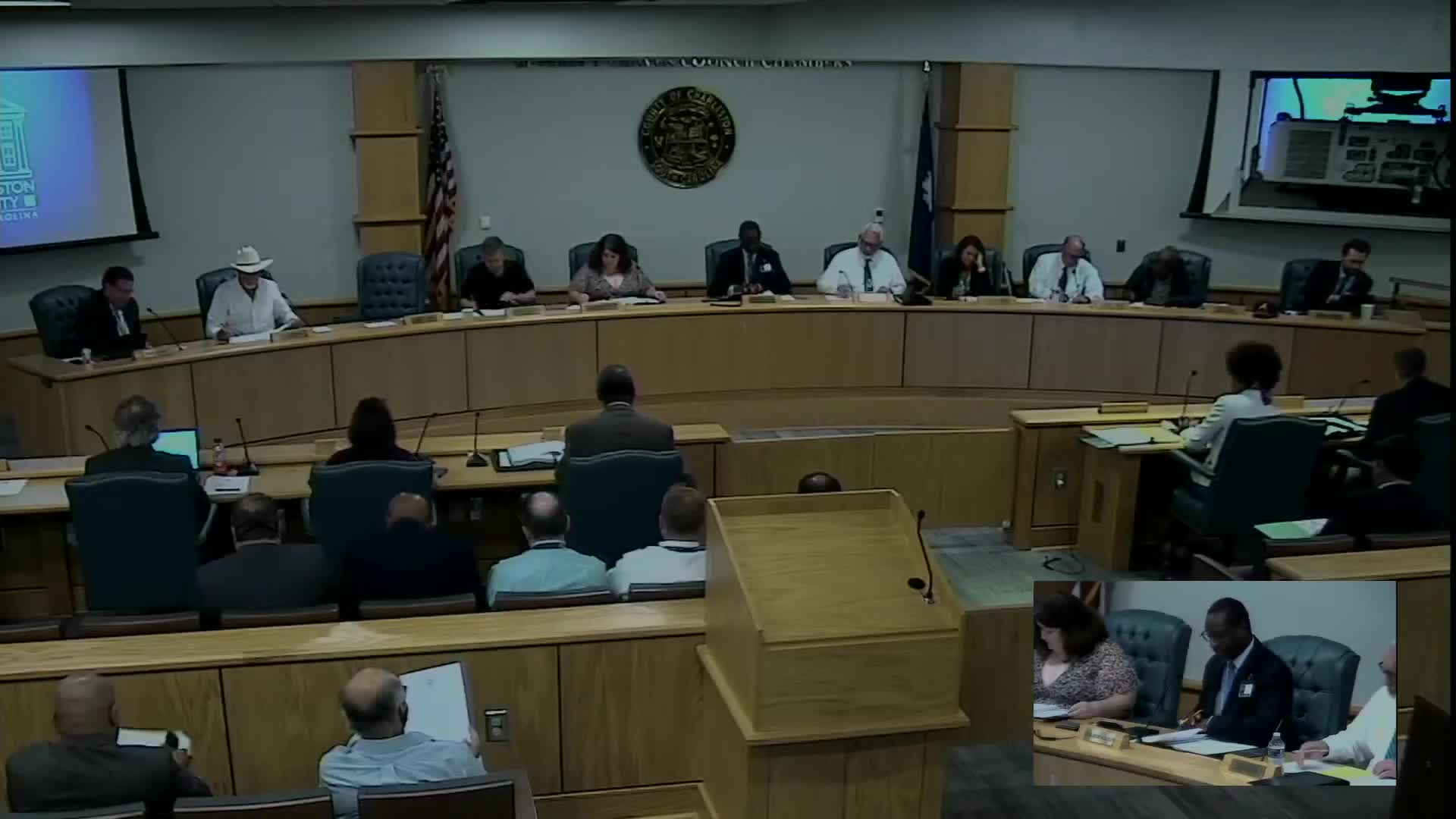
Council moves to certify abandoned industrial site to help redevelopment; traffic and turn-lane questions remain
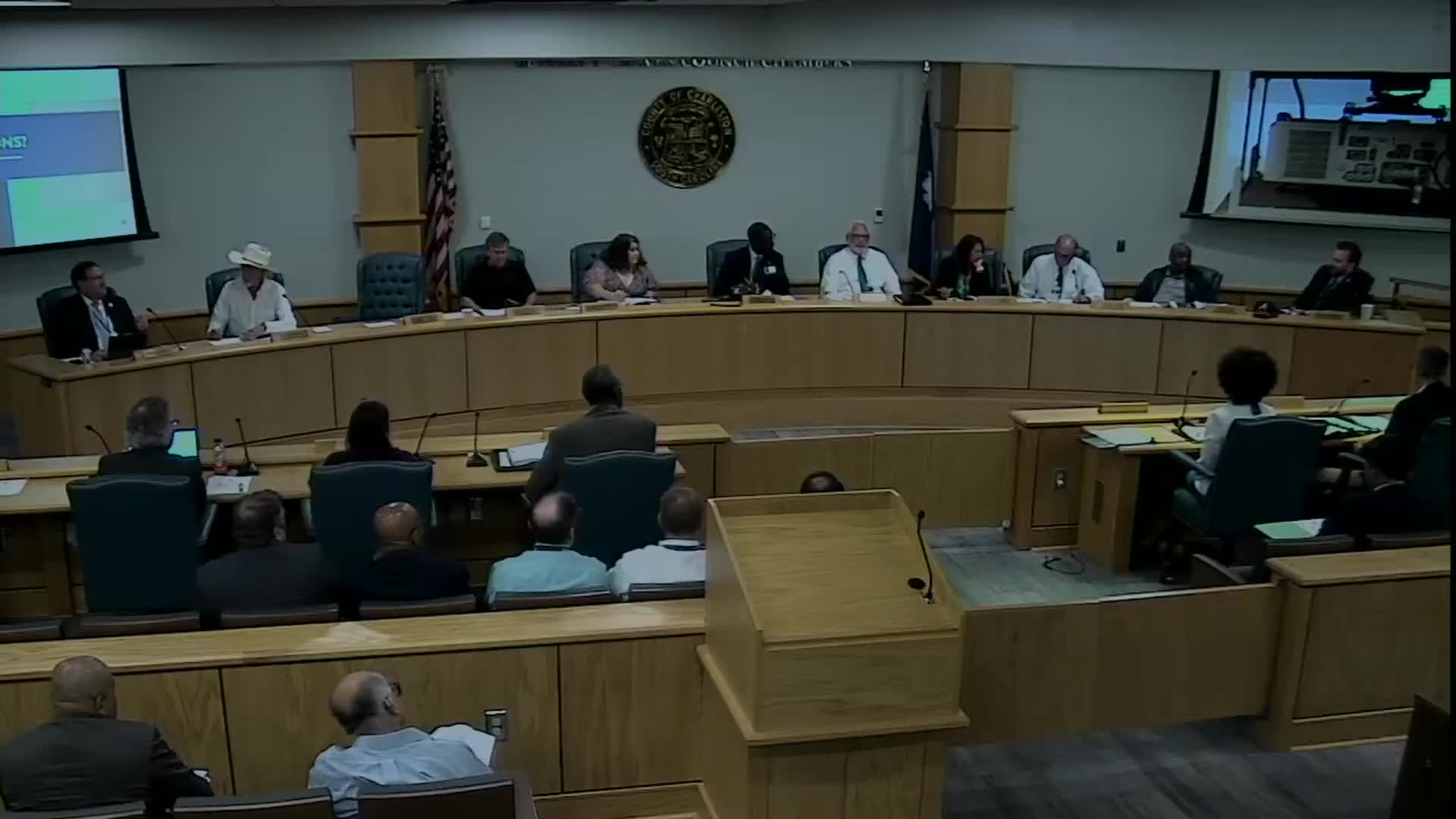
Charleston County provides monthly update on Transportation Sales Tax projects and staffing shortfalls
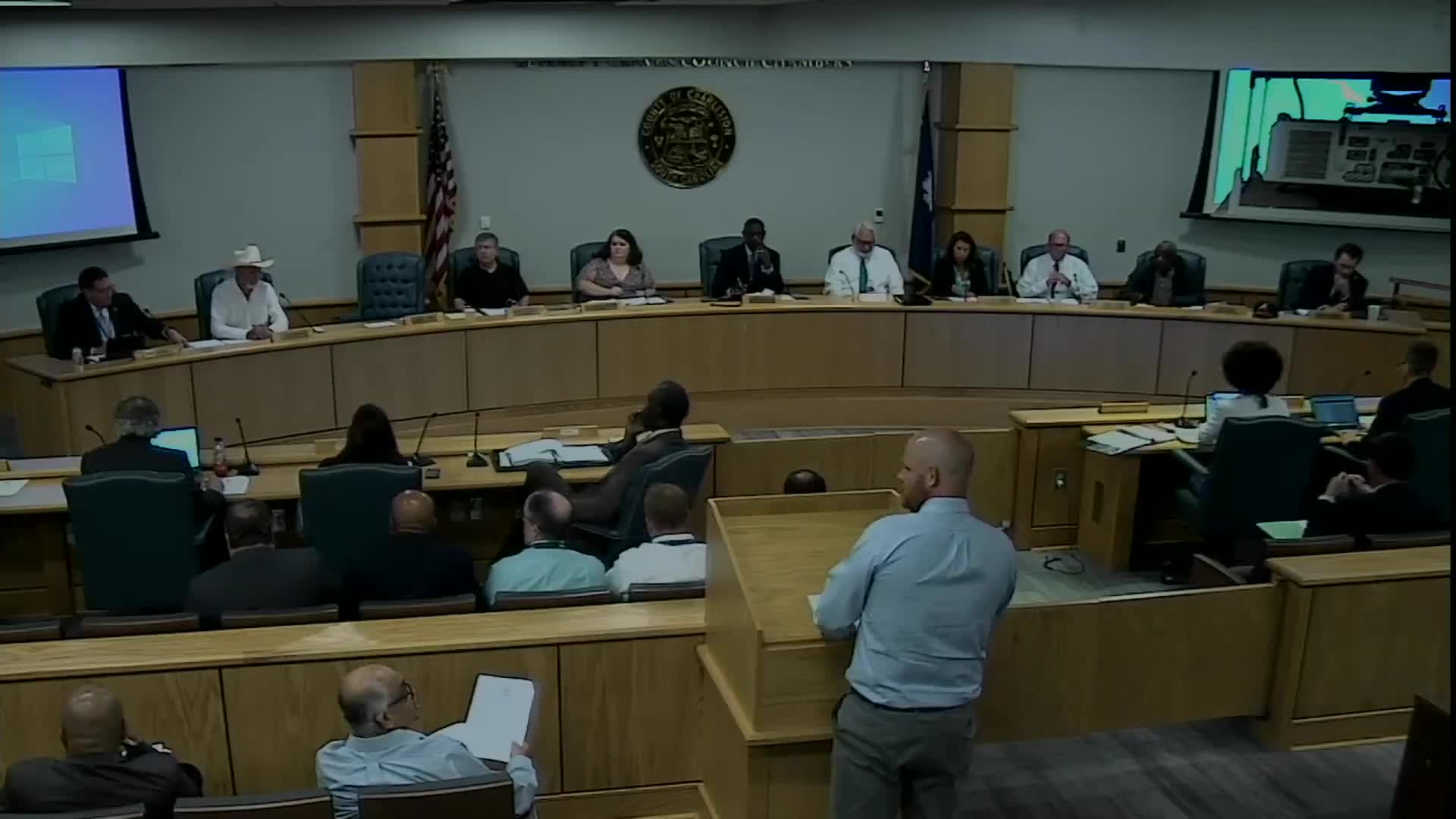
Rezoning bid for Orange Grove Road stalls at committee; forwarded to full council with no recommendation
